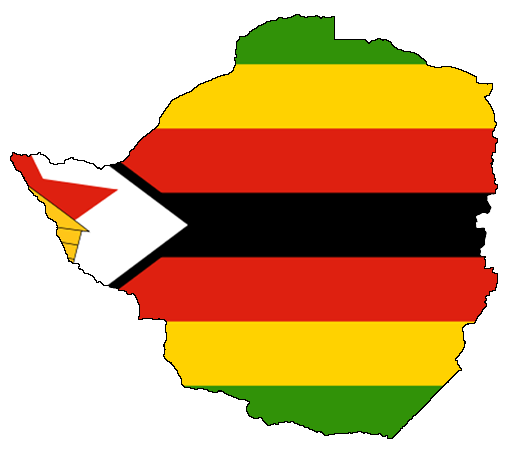
The concept of national unity cannot be successfully espoused through once-yearly speechifying without a genuine demonstration of that unity in attitude and deeds.
NewsDay Editorial
National leaders at various levels of authority have the obligation to ensure unity and peace among a people and they must take the blame for the lack of it and credit for the fruits that togetherness brings.
In Zimbabwe, Unity Day is celebrated on December 22, premised on the day that two leaders of two liberation war political parties, Zanu PF and PF Zapu signed a piece of paper agreeing to end hostilities that had divided the people of this country on two tribal lines — resulting in the massacre of over 20 000 people in Matabeleland and the Midlands provinces.
So, each December 22, the people of this country are jolted back to that black period when Zanu PF, led by President Robert Mugabe, sent the army to subjugate Joshua Nkomo’s PF Zapu with brutal force.
That day is meant to remind us that after this ugly patch, the two parties, through their leaders, Mugabe and Nkomo, decided to stop the bloodshed and bring peace and unity among the people – in reality, an end to a particular war.
True, December 22 becomes very significant because an end to what had been happening in that part of our country brought great relief to the people.
To many, the December 22 signatures by Nkomo and Mugabe brought peace more than they may have unity.
- Chamisa under fire over US$120K donation
- Mavhunga puts DeMbare into Chibuku quarterfinals
- Pension funds bet on Cabora Bassa oilfields
- Councils defy govt fire tender directive
Keep Reading
The two concepts — peace and unity — do not necessarily mean the same thing.
In order to achieve unity out of the peace that the two leaders signed on December 22, there are other issues that must be addressed and which the government has tried to address without much success.
There are matters to do with reconciliation, apologising, forgiveness, compensation and other forms of redress.
The Organ for National Healing and Reconciliation which was aptly headed by the late Vice-President John Nkomo tried to achieve this, but their work was not made easy by lack of political will and support from the government.
The unity that we are made to believe took place on December 22 was in reality a plastic coming together of officials from the two former political rivals.
There was no real unity because up to date, even within the leadership of that so-called unified party, one still sees a clear definition of the two separate parties through policies such as that certain positions should belong to such and such party . . . even though the party names may not be publicly mentioned.
That is how artificial that party merger called unity is. In reality it was just an act of stopping a war — bringing peace.
However, the fact that the peace that was fostered on that December 22 has endured, is indeed worth celebrating.











